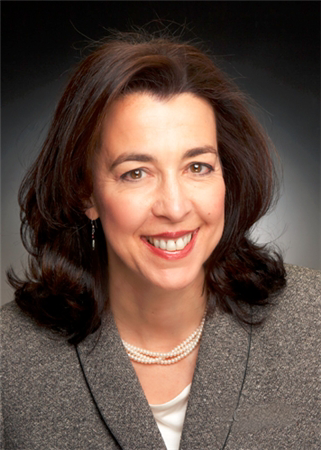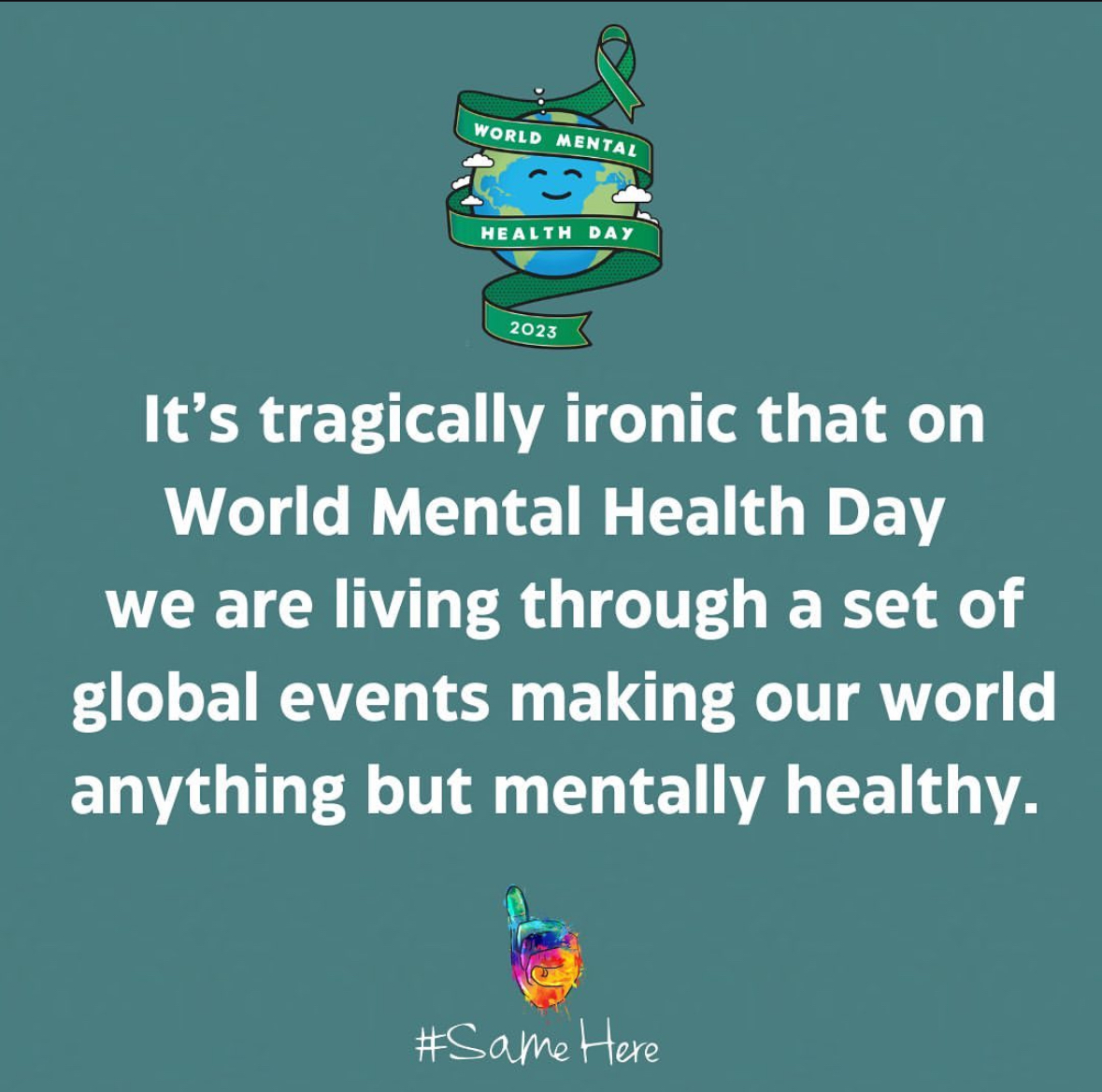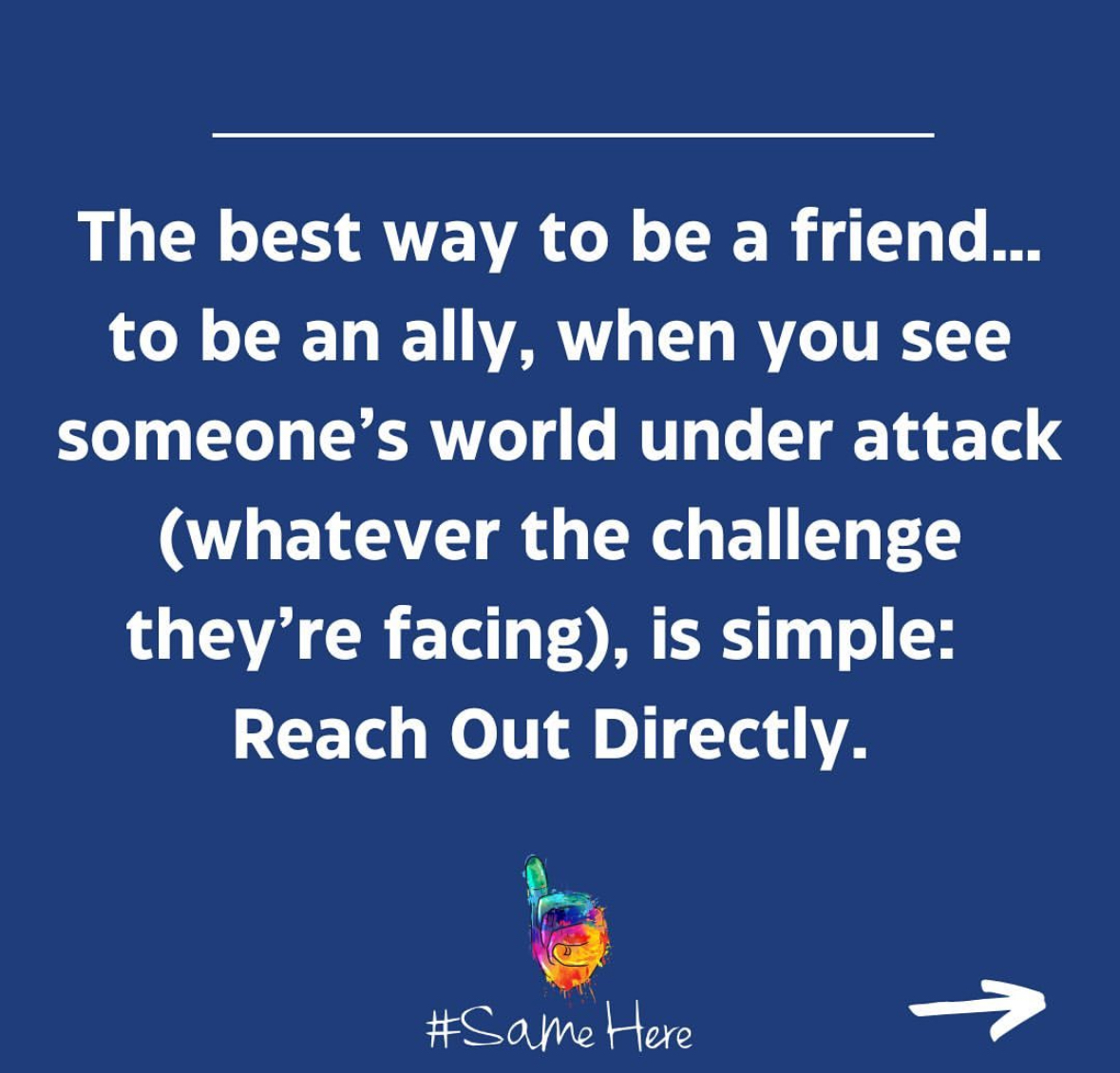When I was a young college student, my sixteen-year-old sister became ill. She was the middle sister of a sibship of 5 girls. It took almost two years of going to several major clinics near us in Ohio to sort out the nature of her problem. She was diagnosed with an autoimmune disorder, Scleroderma, while I sat at her bedside at the Cleveland Clinic. After not knowing for over two years, there was some relief in knowing her diagnosis, but her prognosis was not good. She could live a long time yet there was no cure for the illness, only palliative options. She went on to live another mere nine months after we were told she could have a long but difficult life with this disorder. Her health deteriorated rapidly that fall with kidney and heart problems. Hospitalized due to her acuity, she died thirty-six hours later. As fate would have it, her sudden death happened on a September weekend of all of her siblings being home from college. I stood close by as they tried to resuscitate. I did not fully comprehend what was being done but I could see their efforts were futile. I remember feeling quite numb and in shock. I had been prepared for the long haul. Not this sudden death. We were all in shock. Yet, little was said other than making the necessary arrangements for her Catholic funeral. I remember driving to the Snyder funeral home. As we reached a crest in the road, the sun was setting like a ball of fire in the horizon. It blinded me. I felt a bit disoriented yet it woke me up in some way so I could help my parents complete the process that needed to happen. I recall very little about the viewing or the rest of the funeral process other than I saw my father cry. He never cried. My mother did not cry. If she did, I did not see it. My sister’s death was a crushing blow to our family. Being immigrants, our family unit was small. Family was most important. And as my father shared that day, ‘our children are not supposed to die before us’. Our family was wounded and remained so for a number of years. Each of us has dealt with her loss in our own ways. For me, I found a way into therapy eventually, but it took some years. Returning to graduate school, the numbness continued. The neighborhood rallied as did the church to support my parents. All of us siblings were left to sort things out on our own. It was a very painful, difficult time for me as I was about two hours away from home. I felt very alone and bereft with grief. Therapy was not discussed nor suggested. Even a grief group could have been a great resource. Feelings about her loss were not discussed when I did make it back home. It was a very somber place to be. I had not made it into medical school as planned when I graduated with my bachelor’s degree in biology, so I had started into master’s program for biology. I had reapplied to several more medical schools that summer and two weeks after my sister’s death, I was, again, slated to take the MCATs, the entrance exam for medical school. Needless to say, I was not in the best frame of mind but I ‘soldiered’ ahead. I also reconnected with an old boyfriend who chose to come to the funeral. Soon after, I found myself pregnant. He has chosen to not be a part of our lives. I had to accept his decision, but it did not change my decision to keep the greatest joy of my life. My daughter was such a gift to me and to my family during a very difficult time. She has been and always will be a gift of a lifetime for me. My grandson is another tremendous gift at this time. I did make it into medical school that following year. I felt very grateful. Yet, therapy was not a part of my life until closer to the time of my psychiatry residency. It was most beneficial for me. I did make the decision to go into child, adolescent, adult psychiatry for a number of reasons. The biggest reason for me was that it offered a sane work and call schedule for my life as a single parent. Another reason was to offer family therapy and make room for the children and teens to share their feelings when there is family loss or tragedy. I remember writing a final paper for my child psychiatry fellowship. Its focus was on the lack of awareness in the community of the siblings’ needs when there was a death of a child in the family. I continued to offer family therapy over the years until that part of me that needed healing was healed. I found that I did not need to offer that service anymore.




